Incluvie Foundation Gala - Learn More
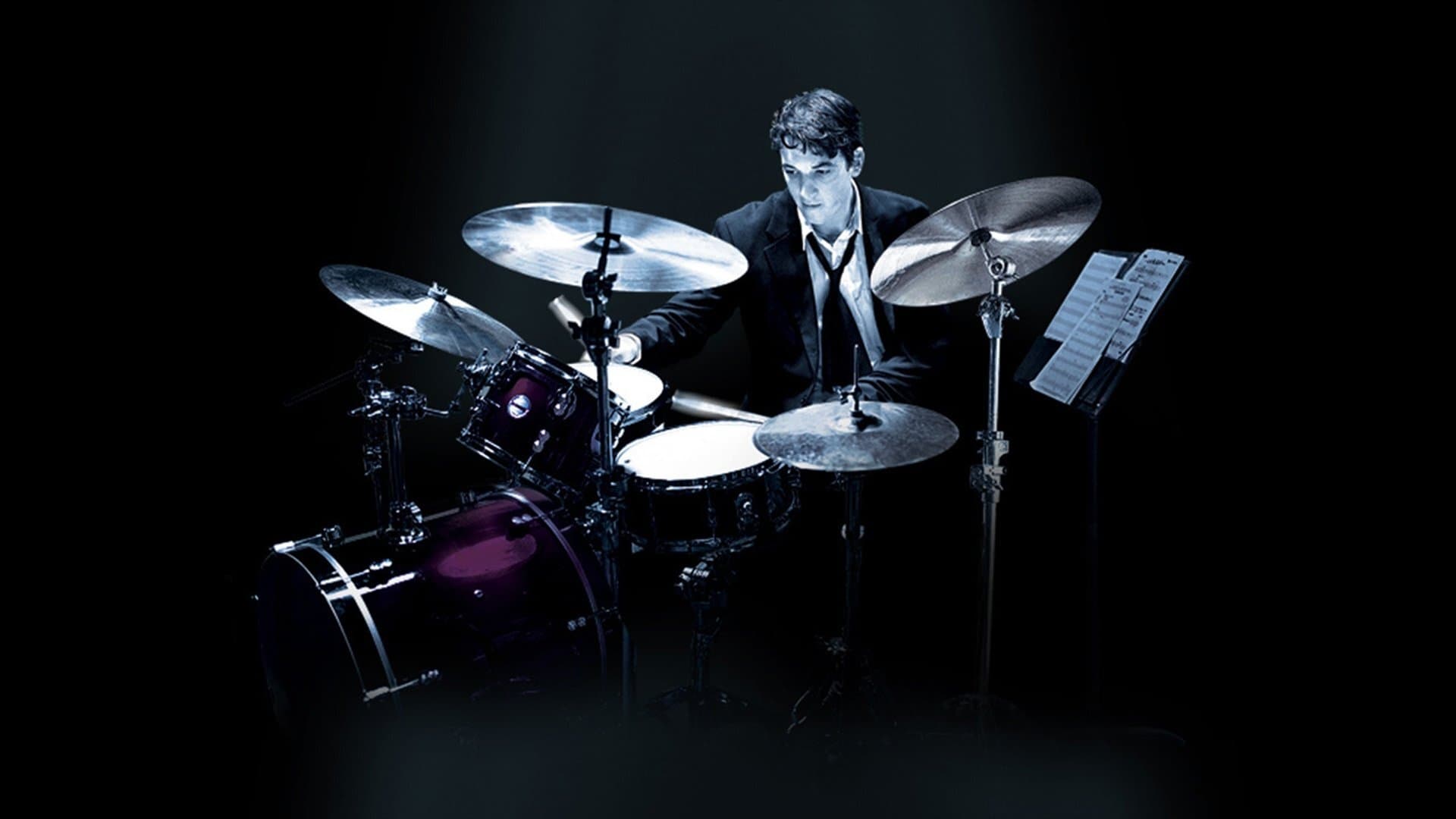

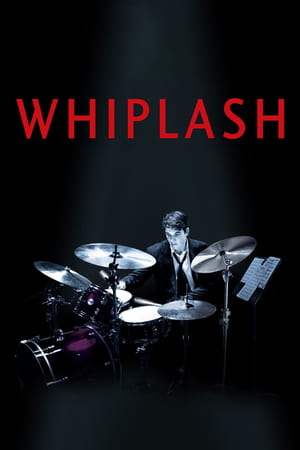
Whiplash (2014)


Incluvie Related Articles
The New ‘Old’ Hollywood that is ‘Babylon’
August 21, 2023Babylon is grand and exhilarating. At 3 hours and 15 minutes, it’s a journey one has to brace themselves for. In fact, due to its length, I’ve avoided watching it over these past eight months because I knew it needed my full attention and focus, as well as my patience.
I like director Damian Chazelle. Whiplash and La La Land are two excellent films. And while I knew very little about Babylon while it was being marketed late last year aside from the fact that it took place in "old" Hollywood, I suspected something exceptionally creative and ambitious. And that is precisely what Babylon was. While I found the third act to be somewhat underwhelming, it did not detract from the beginning parts of the film which were exciting, original, and highly entertaining.
One thing that came up throughout the movie was my questioning of its authenticity. More specifically, its historical accuracy. There is excess and debauchery in abundance during the Silent Era which is primarily when the film takes place.
There is also notable diversity. Babylon shows a highly successful Black male musician, a Latino film executive, and an Asian singer. They all work and party together in orgiastic fashion. Late 1920s Hollywood was many things, but ethnically diverse and equal in opportunity, I am not so sure. Babylon subtly addresses that fact. There are scenes of racism making it clear that this isn’t necessarily some idealized utopia for dreamers and ambitious types. Or is it?
The Novice Captures the Essence of An Obsessed Artist’s Anxiety in the Context of College Athletics
December 28, 2021TW: Self-harm
A few months ago, I came across the trailer of a film that looked, at the risk of sounding cliché, like a cross between Whiplash and Black Swan. Lauren Hadaway’s directorial debut draws inspiration from both of them, but is a semi-autobiographical film about her own experience about rowing while in college, as she herself mentioned in an interview with Variety. It follows Alex Dall as she navigates the ruthless world of college athletics, fueled by her self-destructive perfectionism. She pushes herself to inhuman limits, even resorting to self-harm to handle her obsessiveness. Isabelle Fuhrman as Alex Dall, has embodied performance anxiety down to the subtlest physical tics, and the fact that this is a performance is difficult to believe. The story’s disturbingly familiar in today’s world of cut-throat competition, and its design as a psychological thriller actually impresses on the mind of the audience, the horror of such a competitive existence. It would fit into a tragic structure as well, but fear is the main emotion that fuels the narrative here, just as the fear of failure fuels the protagonist, and that’s why this feels rather organic. And with the focus on mental health, it’s naturally fitting to portray self-destructive tendencies in a psychological thriller or horror, instead of approaching the storytelling from an impersonal direction. The lines between sympathy and pity are blurred to the extent you aren’t sure if you’re scared for her or of her, and soon enough, you’ll be feeling the extreme fear she does. And that’s how the film manages to make a scarring impact, but also makes a humanitarian case.
Alex gets the perfect character introduction. She’s shown taking a test, looking around while thinking about the answers. And then the T.A. announces that class is over, so everyone starts getting up. Cut to a frame of an empty hall with Alex alone at her place in the gallery. Cut again, to a shot of her leaving the classroom, and the T.A. calling after her asking why she took the test twice, after finishing first. What does this tell us about her? Firstly, she’s very conscious of her competition. Even if she’s concentrating on her work, she keeps track of her competitors’ behaviour. Secondly, she is oblivious of perception beyond performance. It doesn’t bother her that she’s the only one left in the room if that’s what’s necessary. And finally, she’s obsessive and possibly a perfectionist. She took the same test twice, most probably because she believes repeating will improve her, and we’re already introduced to her grinding attitude through this. It slowly becomes clear as the film progresses that this analysis isn’t off base, as her issue is definitely performance anxiety as opposed to social anxiety. She makes minimum effort to fit in, and is actually comfortable being a lone wolf. She mumbles something when asked why she wants to row, and while that comes across as feeling put on the spot in front of a crowd, I believe it’s a nod to the fact that her need to challenge herself is the only motivation, and she’s unsure if the lack of personal attachment will make a bad impression on the coach. She doesn’t even bother huddling and just takes notes from afar to avoid performing poorly.
It’s true that a person is layered and an affliction doesn’t define who you are, but there’s only one facet of Alex Dall that’s expressive in the scope of the experience around which the film is constructed. And in that respect, the film gets lost in a good way, in exploring the multifaceted all-consuming issue that is anxiety. Dall starts out as slightly neurotic, although uncomfortably unforgiving of herself, and gradually descends into self-harming chaos before somehow making her peace with the necessity to step away, and almost cathartically leaving behind her teammates to fend for themselves, possibly realizing that there’s more to life than proving you’re the best. The personal satisfaction she hunts for through the film, never seems to really come to her, because she does miss out on the scholarship after unsympathetic teammates sabotage her seat race, but the smile on her face when she erases the board after writing down her record-breaking score, tells you she’s come to terms with herself. The catharsis is merely implied and you’re not sure the patterns won’t repeat, but it’s clear she’s at least acknowledged herself, maybe even for the first time in her life. What’s messed up about the ending however, is that she actually proved herself by breaking the record, and the satisfaction comes immediately after. So, you can’t know if she’s taken a step towards a less toxic relationship with herself, or if it’s simply her performance that allowed her to suddenly not show off that she’s the best.
Anxiety has no look, and it can manifest in a million ways, but the common tics are perfected by Fuhrman who delivers a nuanced performance that’s practically an embodiment of performance anxiety. In the car, Alex sits in the backseat biting her nails while her teammates joke about getting the scholarship, and who’s best. When her closest friend in the team informs her she was the second choice for the senior team, she starts fidgeting with her trousers, her mind tuning out the rest of the conversation. She avoids eye contact, and dresses intimidatingly, embracing the resultant seclusion. The warmth that naturally seeps into her eyes after she starts dating, is a testament to Fuhrman’s talent. Alex’s lips aren’t naturally sitting in a frown until she needs to smile, and are in fact curled upwards generally. The moment competition comes up, it vanishes, and the balance between excitement and tension is expressed in her gait and facial expression. Her poker face is back, and she’s tuning out others. The throwing up and breaking down looks rather authentic as well. And then there’s the scene of cutting herself. She marks her skin like a woman possessed, numbed out of feeling pain from the blade, and finally there’s the outburst that the composed performance had been foreshadowing throughout. Her delivery of the lines saying that she can work herself to the bone to be the best is haunting. The crazed look she gives the record holder before the final race is the peak of her obsessive behaviour, and it’s perfectly followed up by her almost suicidal race in the lightning. The closing shot where she looks right into the camera, like a fourth wall break, reveals her exhaustion without words.
‘Whiplash’ Review: A Relentless Strive for Perfection
February 12, 2021To kick off the new year, I decided to sit back, relax, and watch a movie. Out of all the possible films to view,Whiplashwas the one.
Pictures and Videos

Movie Information
Under the direction of a ruthless instructor, a talented young drummer begins to pursue perfection at any cost, even his humanity.
Cast

Damien Chazelle
Director

Damien Chazelle
Director

Miles Teller
Andrew
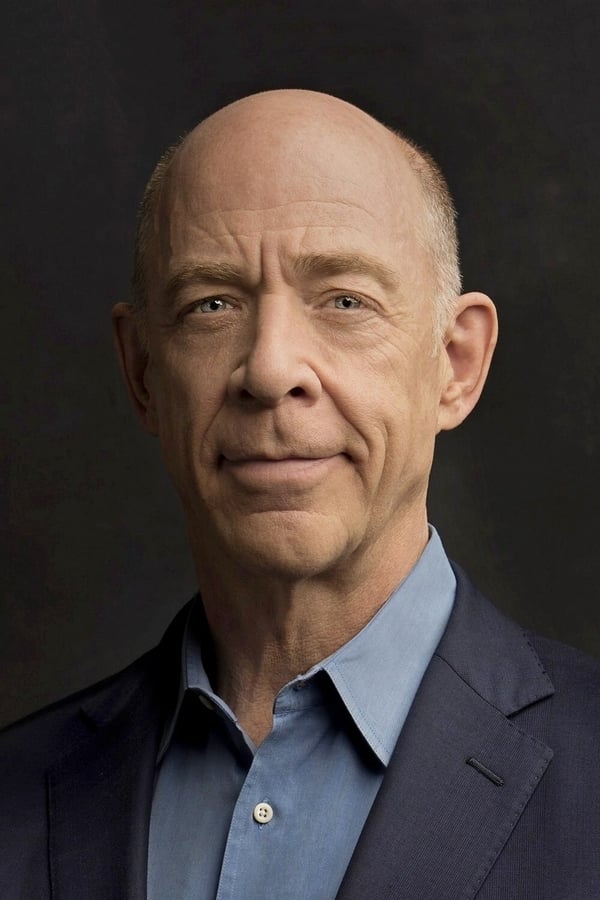
J.K. Simmons
Fletcher

Paul Reiser
Jim

Melissa Benoist
Nicole
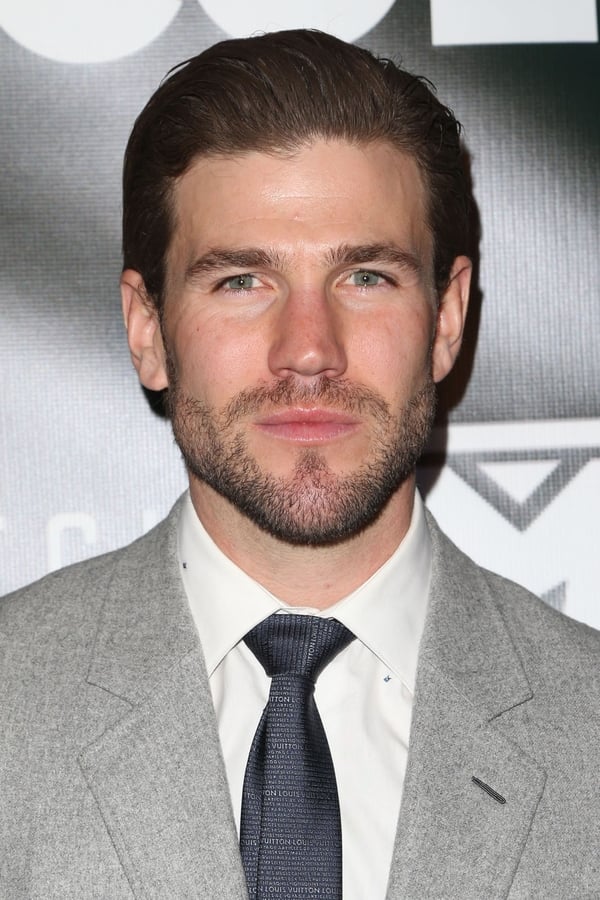
Austin Stowell
Ryan
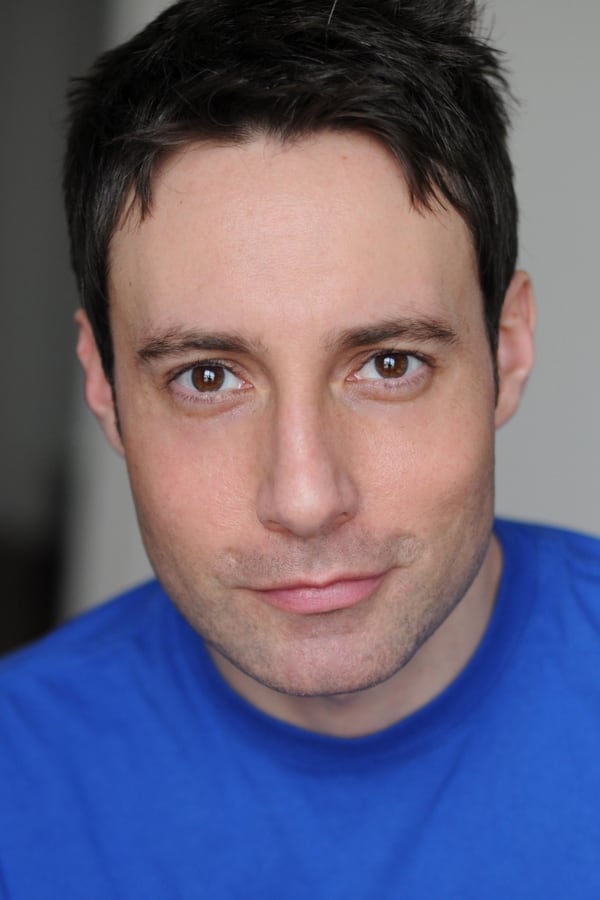
Nate Lang
Carl

Chris Mulkey
Uncle Frank
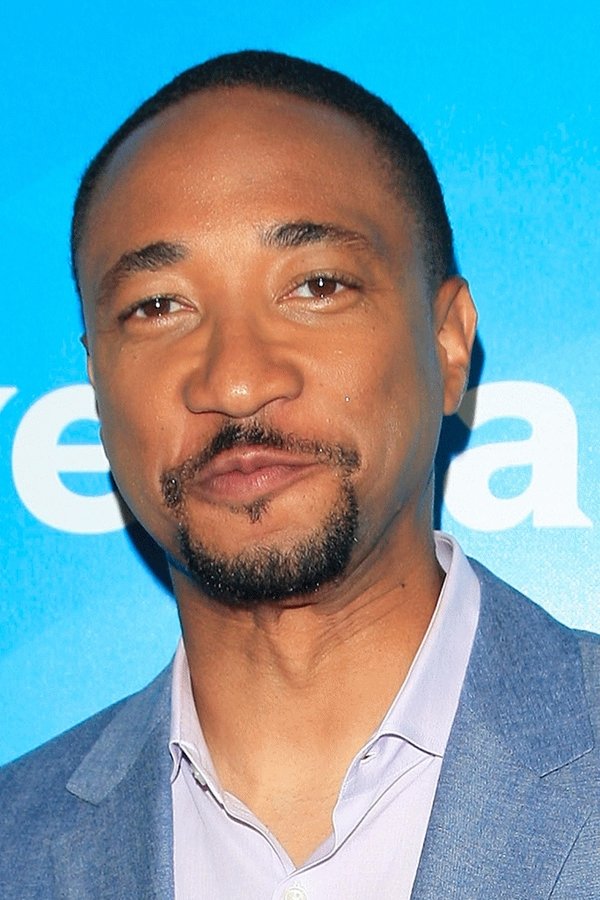
Damon Gupton
Mr. Kramer

Suanne Spoke
Aunt Emma
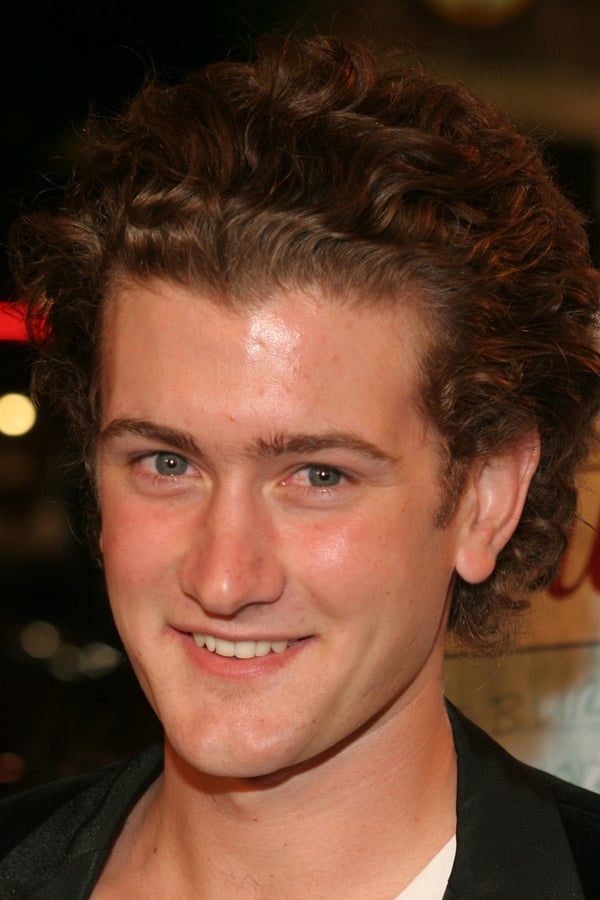
Max Kasch
Dorm Neighbor

Charlie Ian
Dustin
Articles You May Like
Happy Valentine's Day: Rom-Coms From Around the World (and where to stream them)
Fear Street: Part One - 1994
I believe in homages, but there's a proper way to borrow a creative idea instead of making it appear as if you hit the copy and paste button. Most likely, anyone is better off simply reading the books. Or just put on Scream.



